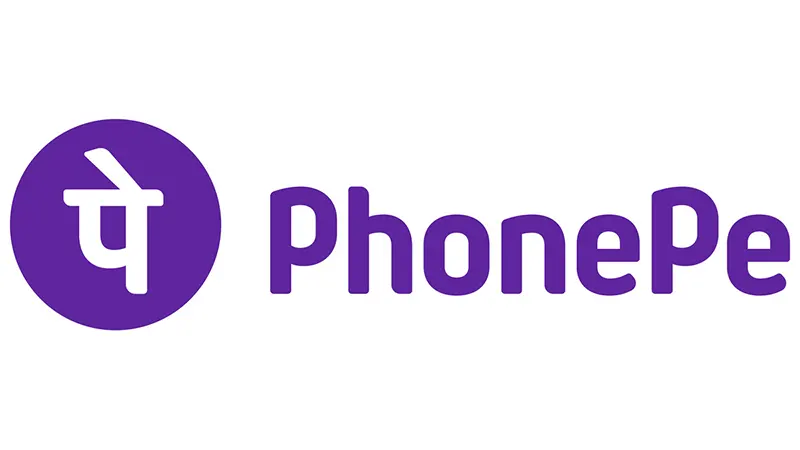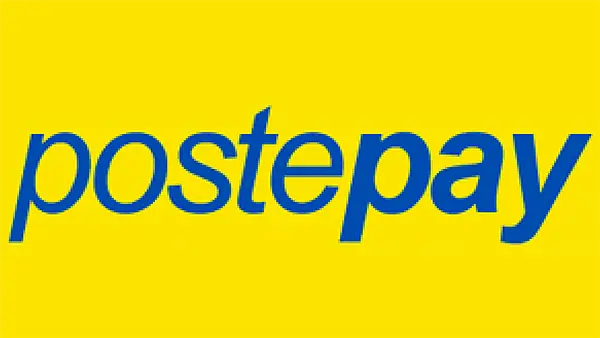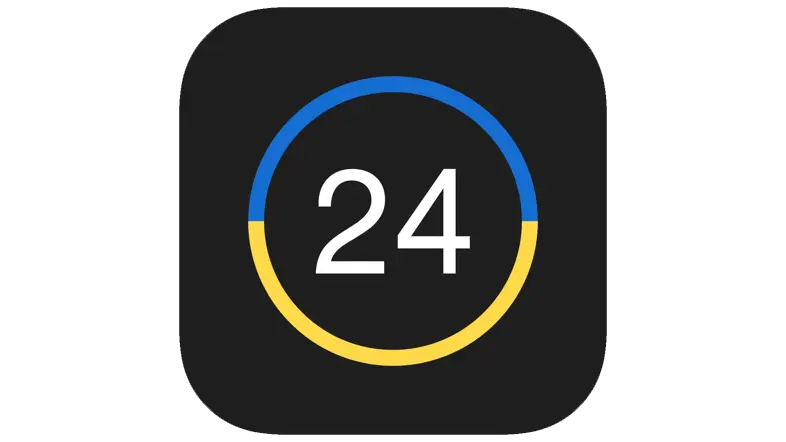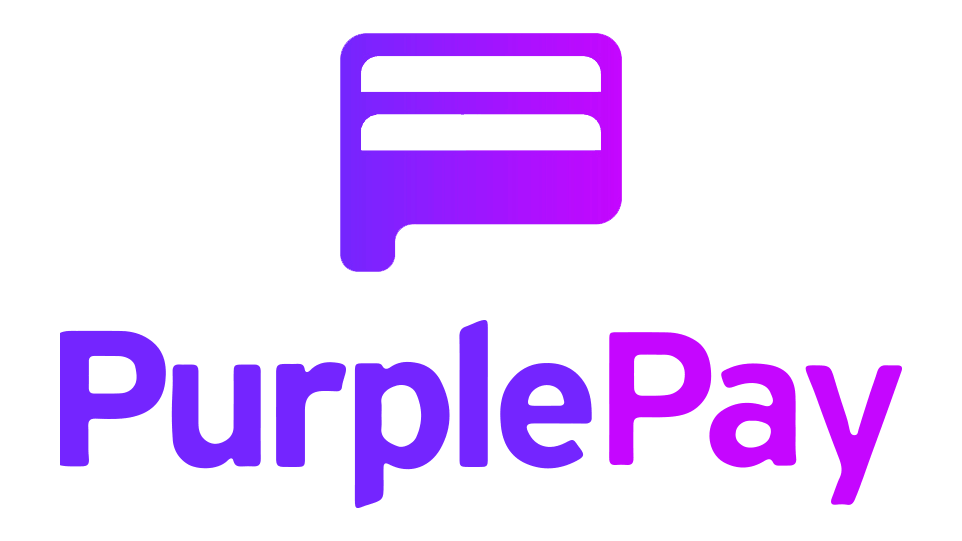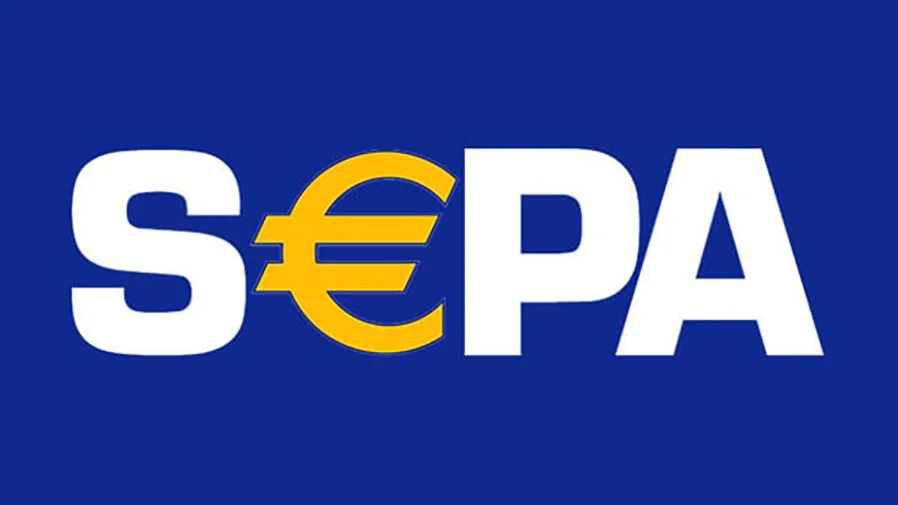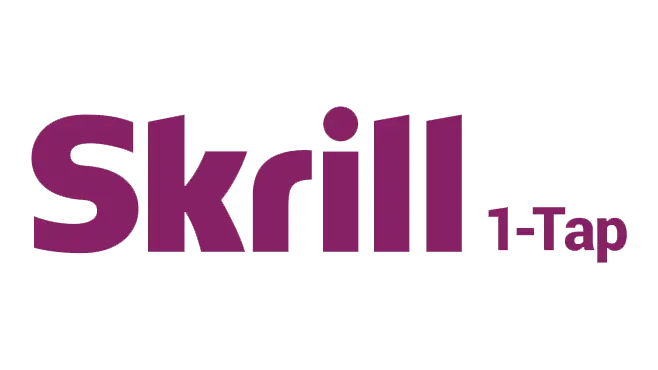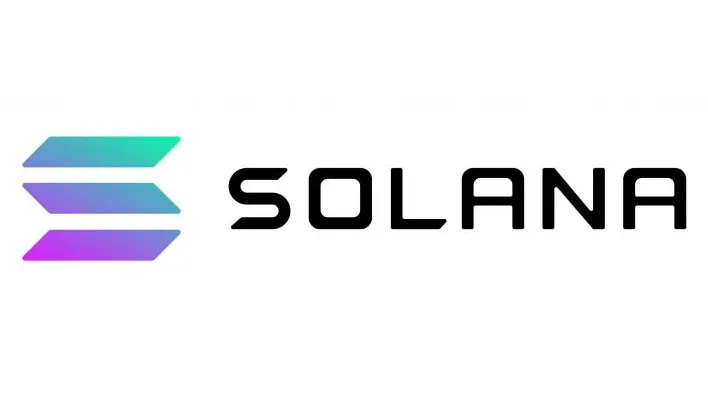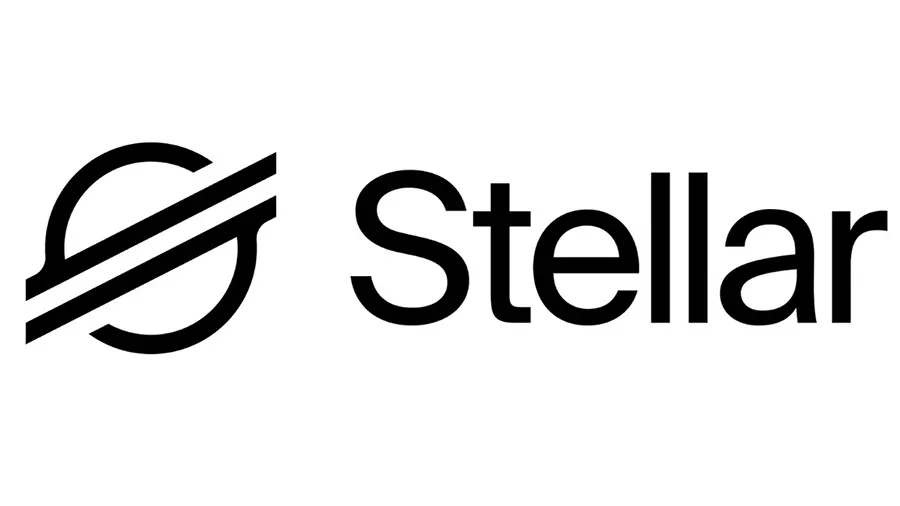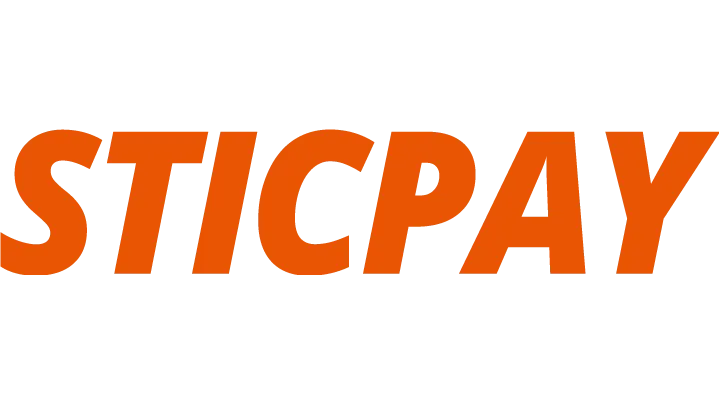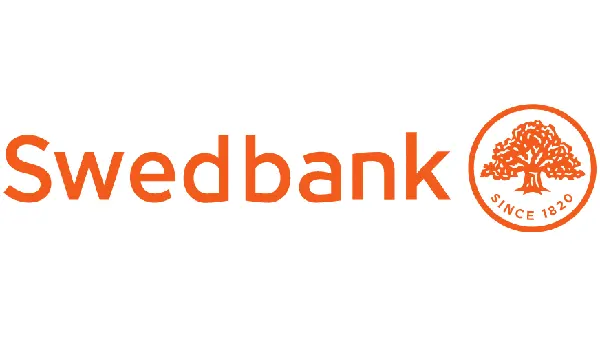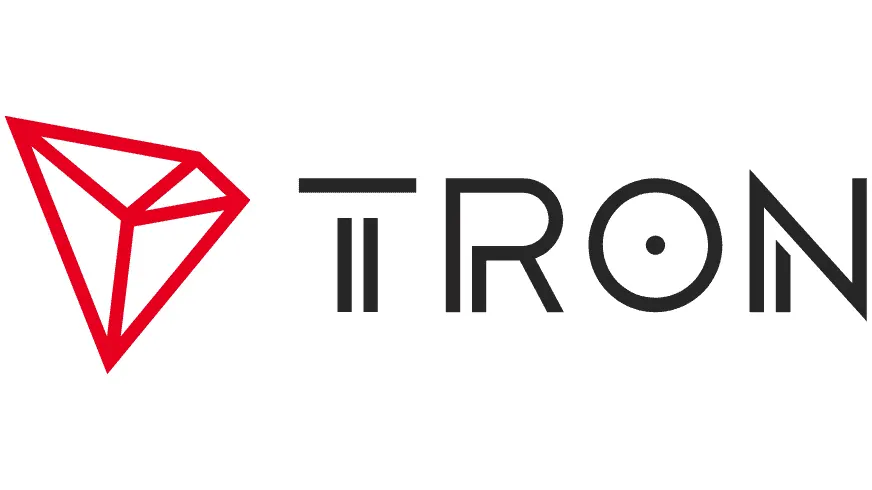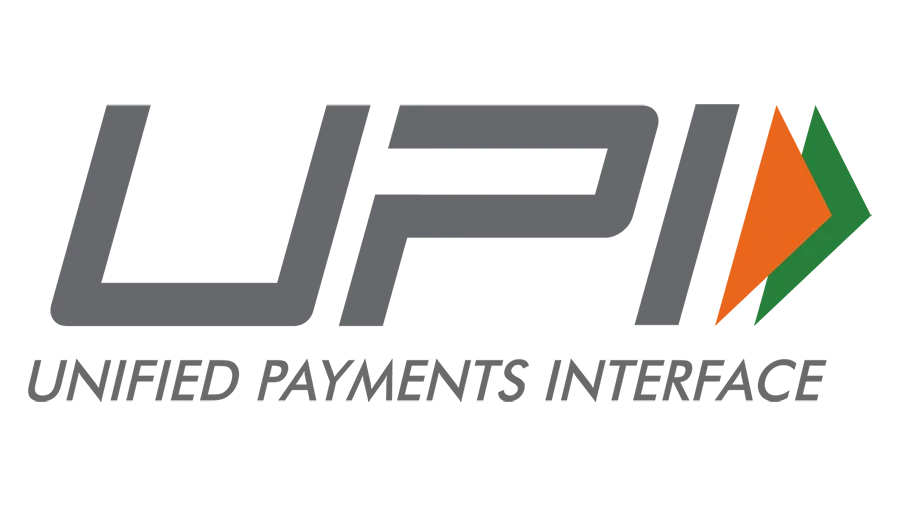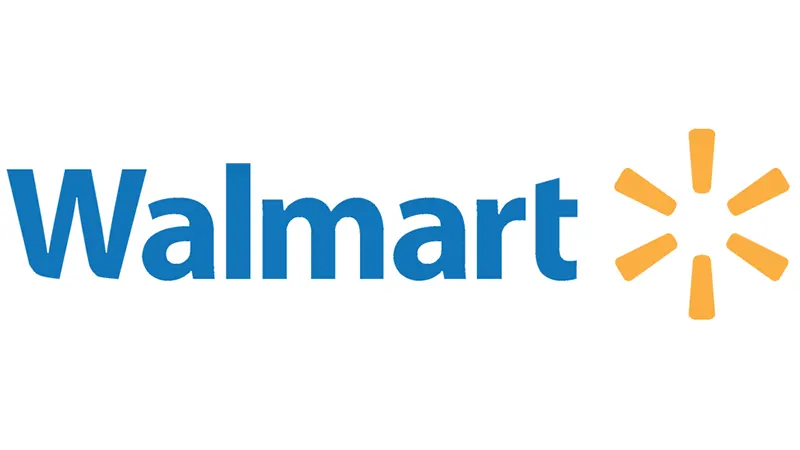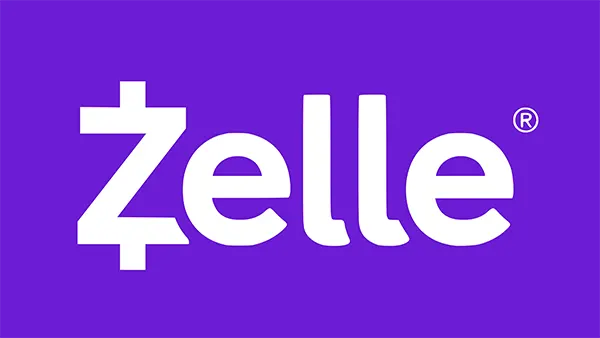What Are Online Casino Payment Methods?
When you start playing for real money, the first practical question is never about RTP or volatility. It’s: “How do I put money in – and how do I get it back out?”
That’s where online casino payment methods come in. It’s the umbrella term for everything that moves money between you and a casino: bank cards, e-wallets like PayPal or Skrill, old-fashioned bank transfers, prepaid vouchers, cryptocurrencies, and modern mobile wallets such as Apple Pay or Google Pay.
Each option does the same basic job, but not in the same way. Some are almost instant, others take a couple of days. A few are great for privacy, some are friendlier for big withdrawals, and a handful are perfect if you mostly play on your phone.
By the way, if today you’re more in the mood for spinning reels than thinking about banking, you can always take a break from this guide and try our Bonus Buy free slots demos – everything there runs in demo mode, so no payments needed at all.
Main Types of Casino Payment Options
Open the cashier at almost any casino and you’ll see the same pattern: a row of card logos, a couple of e-wallets, a bank transfer option, maybe a prepaid voucher logo and, on some sites, a crypto tab. All of these work, but each has its own personality.
Credit and Debit Cards
Cards are still the default way many people make a first casino deposit. You already have the card in your wallet, you know how it works, and there’s nothing new to set up.
-
How it usually works: you type in your card details once, confirm the payment with 3-D Secure or your banking app, and the money appears in your casino balance a few seconds later. Withdrawals go back to the same card where regulations allow.
-
What’s good: extremely widely accepted, familiar, often eligible for most bonuses, and backed by your bank’s dispute process if something goes wrong.
-
What’s not so good: withdrawals are often slower than with e-wallets, and every transaction appears on your bank statement, which not everyone likes.
Cards are a solid, no-nonsense choice if you value simplicity over perfect speed.
E-wallets (PayPal, Skrill, Neteller & friends)
E-wallets sit between your bank and the casino. You top up the wallet, then pay from there instead of directly from your card.
-
How it feels: deposits are basically instant; withdrawals tend to arrive quicker than card payouts once the casino approves them.
-
Pros: good balance of speed and privacy, strong account security, convenient if you play on several sites because you keep everything in one place.
-
Cons: you’re adding another account to manage, and some casinos exclude specific e-wallets from certain welcome offers.
Frequent players often end up with at least one e-wallet just because it keeps gambling money separated from everyday spending.
Bank Transfers and Instant Bank Payments
Bank transfers are the old workhorse of online payments. They aren’t glamorous, but they still make sense in plenty of situations.
-
When they shine: larger transactions, or when you don’t want to deal with third-party services at all.
-
Upside: high limits, strong paper trail, familiar process.
-
Downside: slower than cards and wallets, and sometimes banks charge their own fees.
In some regions there are “instant bank” systems that speed things up, but it’s still more of a slow-and-steady option rather than a quick hit.
Prepaid Cards and Vouchers
Think of prepaid options like Paysafecard as single-use, pre-loaded tickets. You buy a voucher for a fixed amount, enter the code at the casino, and that’s the full sum you can spend.
-
Good for: strict budgeting, playing without exposing your main card or bank account, gifting small balances.
-
Limitations: usually deposit-only; when it comes time to cash out, you’ll need a different method such as a bank transfer or e-wallet.
If you like the idea of setting a maximum gambling budget in advance and not going beyond it, prepaid vouchers are very handy.
Cryptocurrencies
Some casinos accept Bitcoin and other coins, usually via dedicated crypto payment providers.
-
Why people like it: potential for low fees, quick transfers once a transaction is confirmed, and a high degree of privacy.
-
Why it’s not for everyone: price volatility, a learning curve around wallets and keys, and different legal rules depending on where you live.
If you already use crypto in daily life, casino payments are just one more use case. If not, it’s better to get comfortable with crypto elsewhere first.
Mobile Payments (Apple Pay, Google Pay, pay by phone)
Mobile wallets and carrier billing weren’t built just for casinos, but they fit the gambling world surprisingly well.
-
Apple Pay / Google Pay: store your cards in the wallet on your phone, confirm payments with Face ID, fingerprint or a PIN. No long card numbers to type, and the casino never sees your full card details.
-
Pay by phone: small deposits are charged directly to your phone bill or taken from prepaid credit. It’s convenient but usually has low limits and is often deposit-only.
If you mostly play on your phone or tablet, having at least one mobile-friendly banking option makes a big difference.
Popular Online Casino Payment Methods in 2025
Different countries have their own quirks, but some methods pop up almost everywhere and reliably end up in “top payment options” lists. Think of this as a quick cheat-sheet that matches what you’ll see in most cashier screens.
Visa & Mastercard

The classic duo. Most casinos support both for deposits, and many also allow withdrawals back to the same card.
-
Best for: new players who just want something that works.
-
Watch for: slower cash-outs compared to e-wallets; possible restrictions from individual banks in some regions.
PayPal

In markets where gambling is allowed by PayPal’s rules, it’s usually one of the most convenient and trusted wallets.
-
Strengths: deposits and withdrawals are fast, PayPal has a strong reputation with mainstream users, and many people already have an account.
-
Caveats: not every jurisdiction or casino can offer PayPal for gambling; you’ll need to check availability where you live.
Skrill & Neteller

These two are well-known in the casino world. They’re popular with players who move money between several gambling sites or who bet and play poker as well as casino games.
-
Pros: quick transactions, multiple currencies, loyalty schemes at wallet level, and decent tools for tracking what you spend.
-
Cons: sometimes excluded from first-deposit bonuses, and fee structures can look a bit complex until you get used to them.
Bank Transfer

Still important, especially for withdrawals. Even when a casino doesn’t let you deposit via wire right away, it may send larger cash-outs back to your bank account.
-
Good when: you’re cashing out a big win or closing your account and want everything in one clean transfer.
-
Less good when: you’re impatient. Bank withdrawals often take the longest time to show up.
Prepaid Vouchers (e.g. Paysafecard)

Prepaid vouchers are great for low-pressure play. You decide your limit in advance by buying a card or a code, and that’s that.
-
Pros: excellent tool if you want to avoid overspending; no direct link to your bank card.
-
Cons: you still have to pick another method when you decide to withdraw.
Bitcoin and Other Coins

Where they’re accepted, crypto methods are often grouped together in the cashier.
-
Pros: can be very quick, and you’re not sharing traditional banking details.
-
Cons: managing wallets safely and dealing with market swings adds a layer of complexity on top of ordinary gambling risk.
Apple Pay & Google Pay
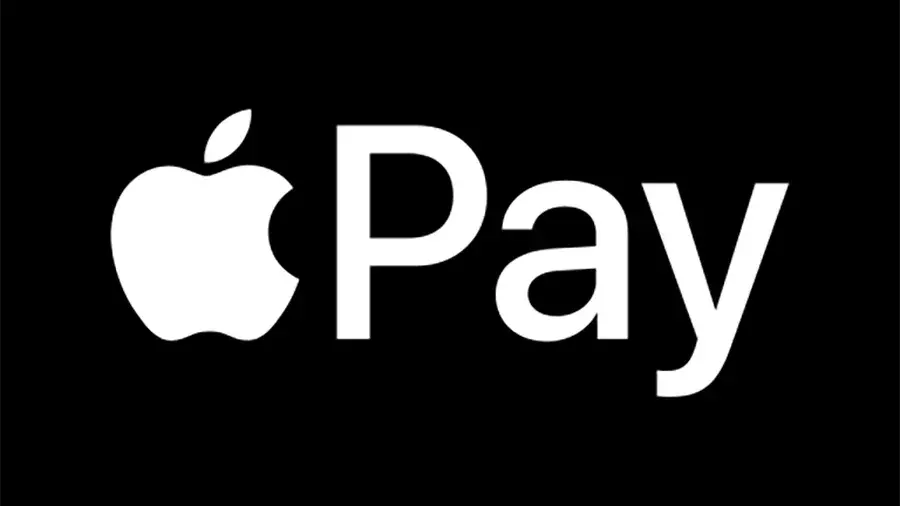
These don’t change the rails underneath – payments still ride on your card or bank – but they dramatically smooth the user experience on mobile.
-
Shine when: you hate typing card numbers, you always have your phone within reach, and you like the extra layer of device security.
-
Check: whether your favourite casino supports them only for deposits or for withdrawals as well.
How to Choose a Payment Method That Actually Suits You
There’s no one-size-fits-all “best” payment method. The right choice depends on how you play and what you care about most.
Think About Speed First
If you’re the kind of player who likes to withdraw quickly after a good session, look closely at withdrawal times, not just deposit speed. E-wallets and some crypto options tend to be the quickest once the casino approves the payout, while cards and bank transfers require more patience.
Check the Costs and Limits
Most casinos today don’t add their own fees, but payment providers sometimes do. Before you settle on a method, look at:
-
minimum and maximum deposit / withdrawal amounts;
-
any fixed or percentage fee your bank, wallet or exchange may charge;
-
currency conversion, if your casino balance and your bank account use different currencies.
A method that looks perfect on paper can become less attractive if you lose a chunk of every withdrawal to fees.
Look at Security and Privacy
Stick to methods backed by reputable financial institutions or well-known payment companies. Use unique passwords, two-factor authentication where possible, and avoid making payments over unsecured public Wi-Fi.
If you prefer to keep gambling away from your main bank statement, consider e-wallets or prepaid vouchers. They add a little separation between your day-to-day finances and your casino activity.
Don’t Forget About Bonuses
Some casinos limit which payment methods qualify for certain promotions. If you like chasing big deals, it’s worth checking the terms and conditions before you make your first deposit.
For example, if you’re reading up on large welcome packages, our overview of 400% casino bonus deals will give you an idea of how these offers work and what kind of banking rules usually sit behind them.
Step-by-Step: Deposits and Withdrawals in Practice
Every casino dresses its cashier a little differently, but the basic process usually looks like this.
Making a Deposit
-
Create your account and fill in your real details – they’ll be used later for verification.
-
Open the cashier and pick “Deposit”.
-
Select a payment option that’s available in your country.
-
Enter the amount and, if needed, your card or wallet details.
-
Confirm in your banking app or wallet and wait for the balance to refresh.
For online casinos you actually plan to play at (not just test in demo), it can also help to compare banking sections side by side – our main online casinos list gives you a broader view of who offers what.
Requesting a Withdrawal
-
Clear any bonus conditions first so you don’t accidentally lock your balance.
-
Head back to the cashier and hit “Withdraw”.
-
Choose the payout method. Often it has to match your deposit method, at least up to the amount you put in.
-
Enter the amount and submit. Many casinos will ask for ID documents if you haven’t verified before.
-
Wait for approval and then for the payment system to do its part.
It’s tempting to obsess over the exact number of hours each method takes, but in real life what matters most is that you’re comfortable with the process and that the casino clearly explains what to expect.
Safety Tips for Casino Payments
A few small habits go a long way towards keeping your money and data safe.
-
Play at licensed casinos only. Licensing logos shouldn’t just be decoration – they tell you which regulator is watching over the site.
-
Bookmark the sites you use. That way you’re less likely to land on a fake clone via a typo.
-
Use strong passwords and 2FA. Treat your casino account and payment wallets like your online banking.
-
Keep gambling money separate. Whether it’s an e-wallet, a dedicated bank card or a prepaid voucher, having a separate “fun budget” makes it much easier to stop when you reach your limit.
-
Review your statements. A quick look each month helps you spot unusual activity and also keeps you honest about how much you’re spending.
If you ever feel that you’re topping up more often than you’d planned, take a step back. Most casinos now offer tools like deposit limits, loss limits and reality checks – they’re worth using.
Mobile Casino Payments: Paying From the Sofa, the Bus or Anywhere Else
Ten years ago most people played casino games on a laptop. Today, a huge chunk of spins and hands happen on phones and tablets. Payment habits followed that trend.
Mobile banking apps and wallets have one big advantage: they’re always with you. Instead of hunting for your physical card and manually entering a long number, you authenticate a payment with your face, your fingerprint or a short code.
Newer casino brands, in particular, tend to lean into this mobile-first approach. They roll out support for Apple Pay, Google Pay or other shortcuts earlier than older sites tied to legacy systems. If you want to see what the latest generation of operators is doing with payments and user experience, our page with new online casinos is a good place to start browsing.
Which casino payment method is the safest?
What’s usually the fastest way to get my money out?
Can I use one method to deposit and another to withdraw?
Are there any hidden fees I should know about?
Do mobile payments like Apple Pay work for withdrawals too?


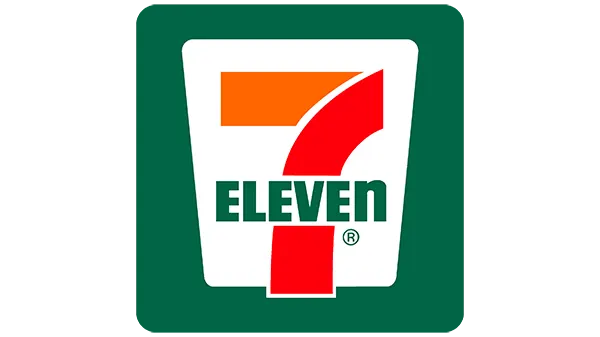



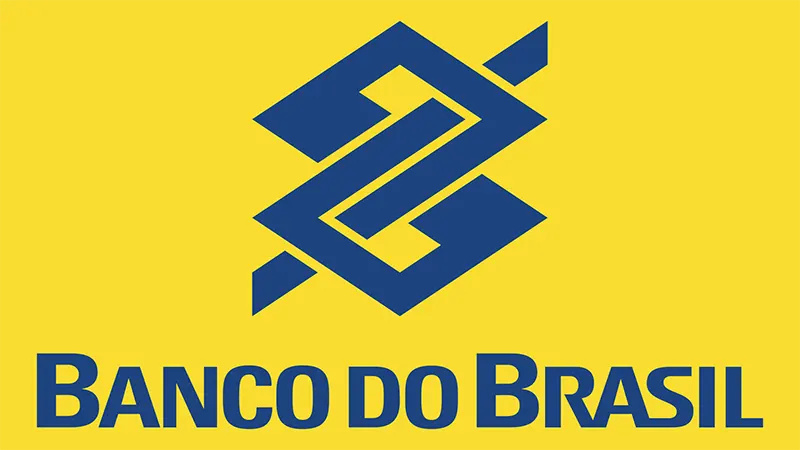

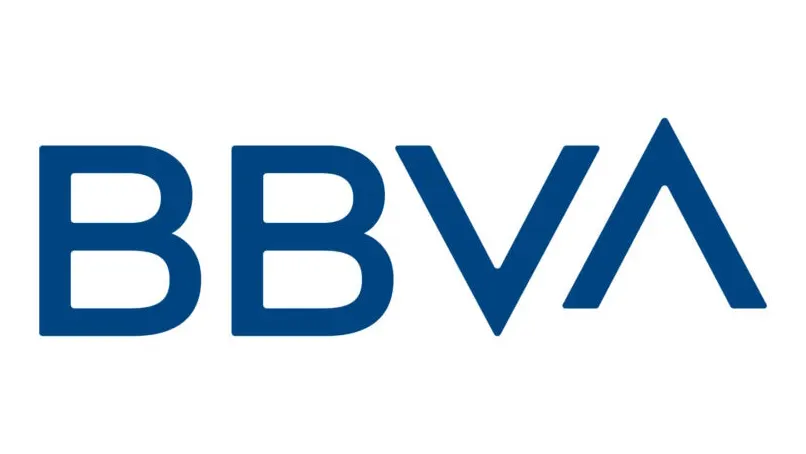

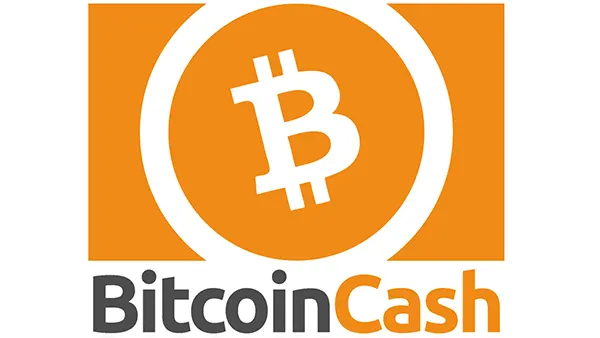

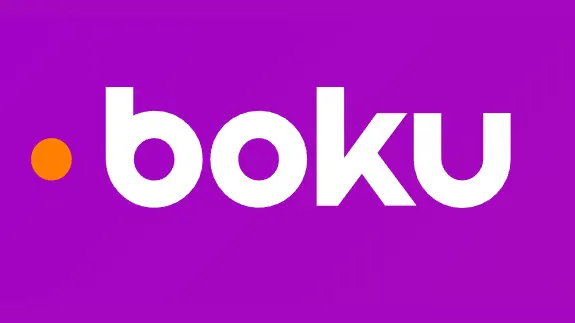
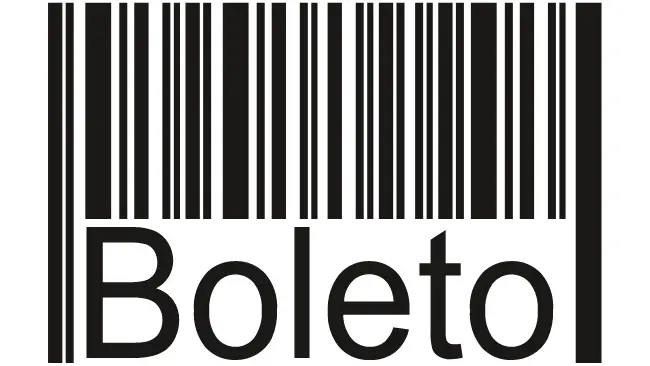
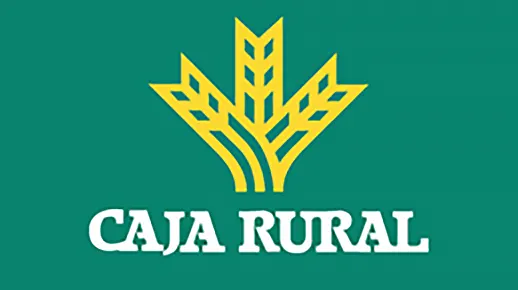

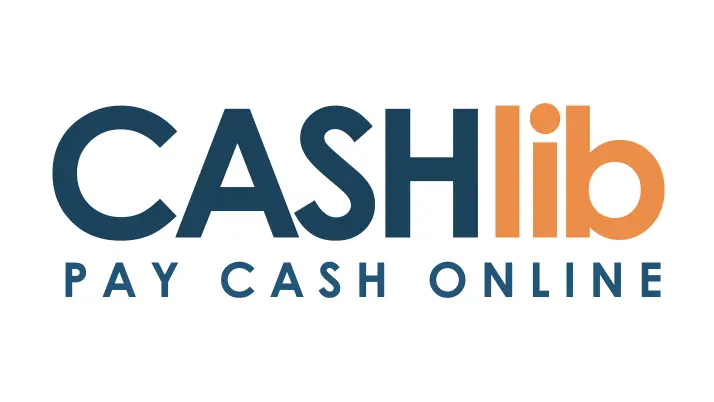
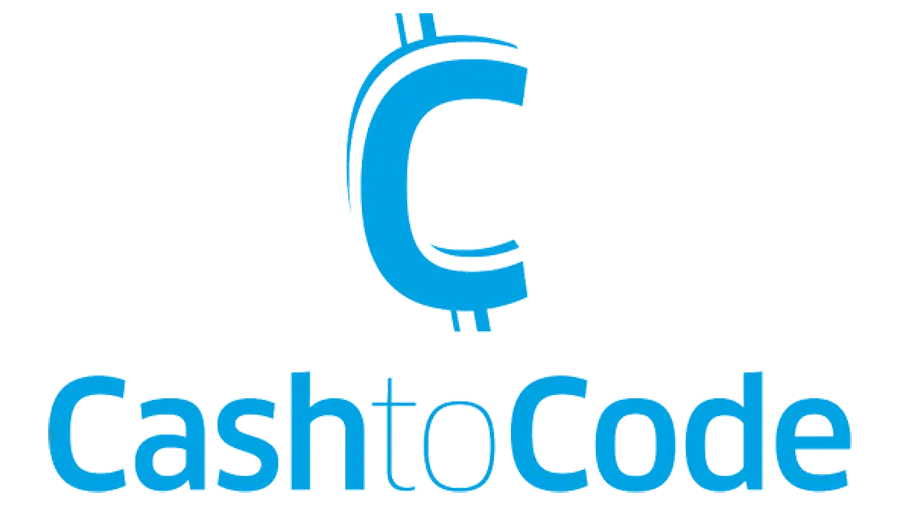
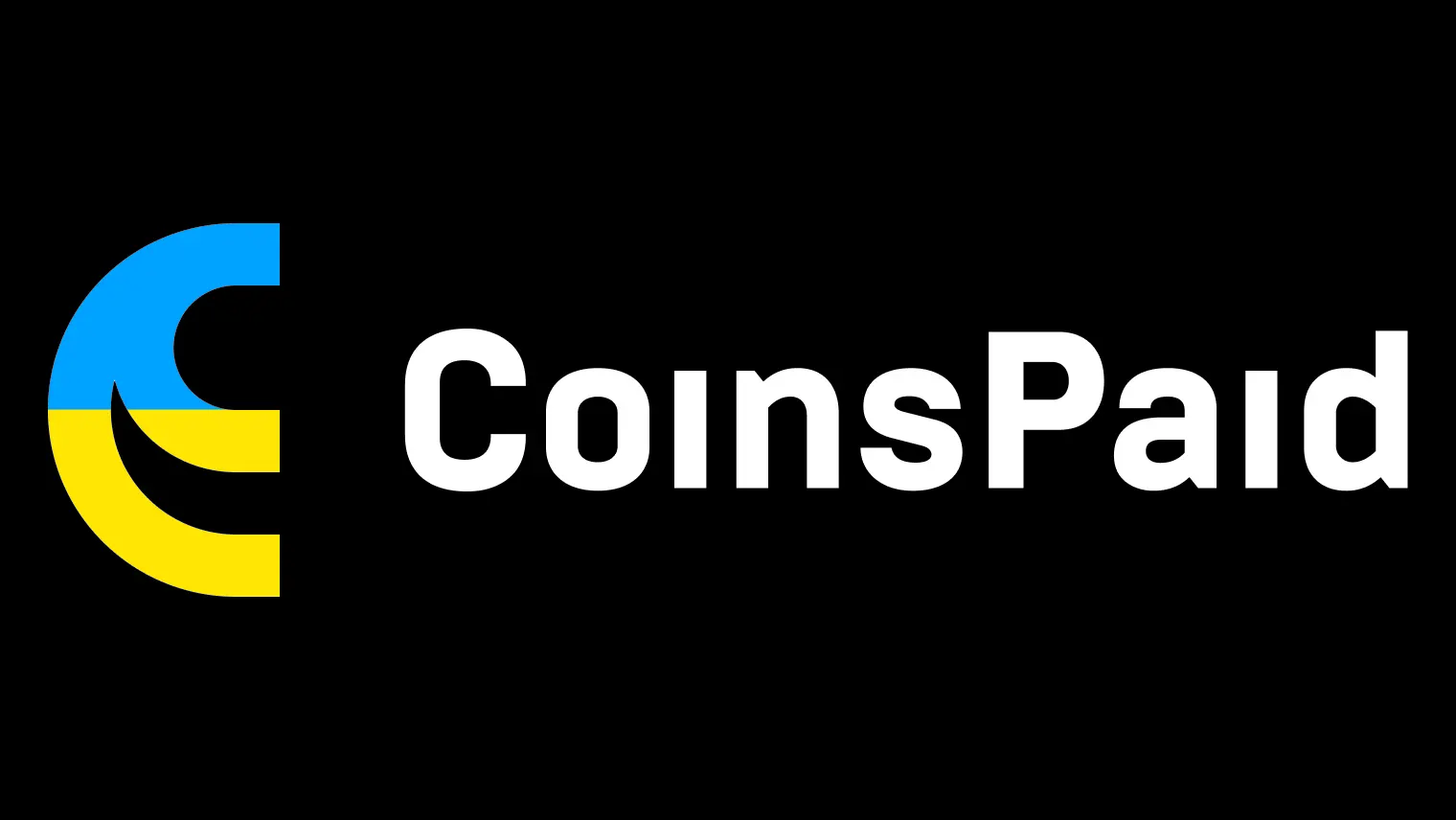










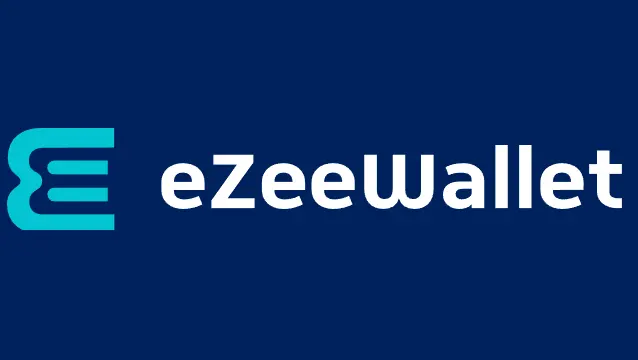
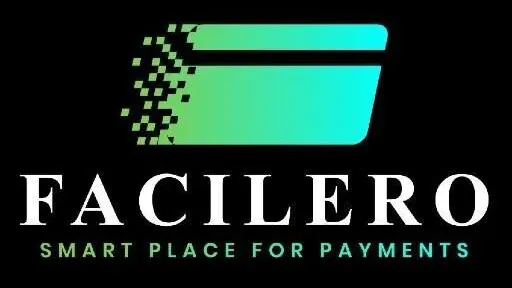







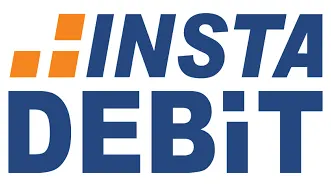
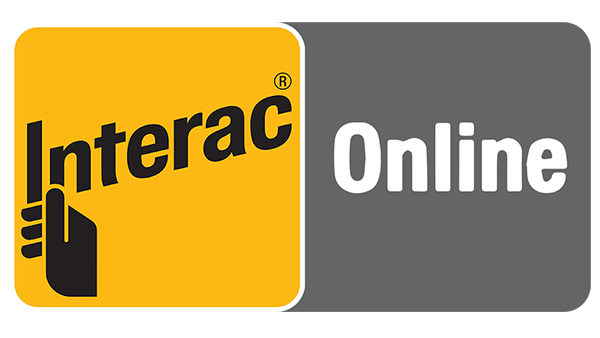

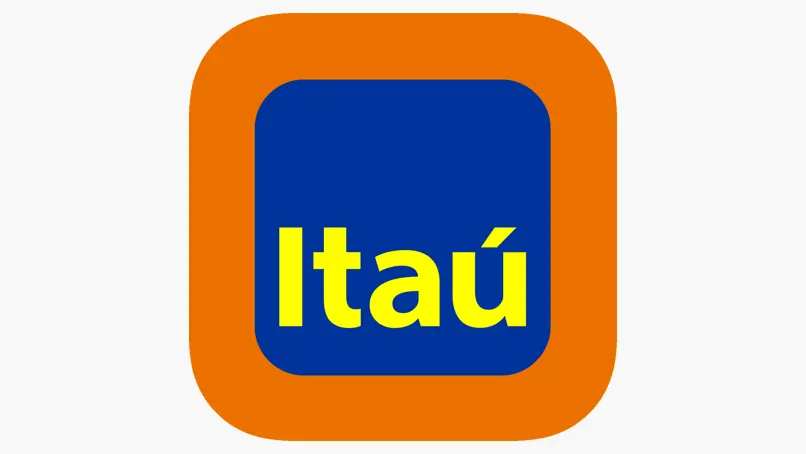
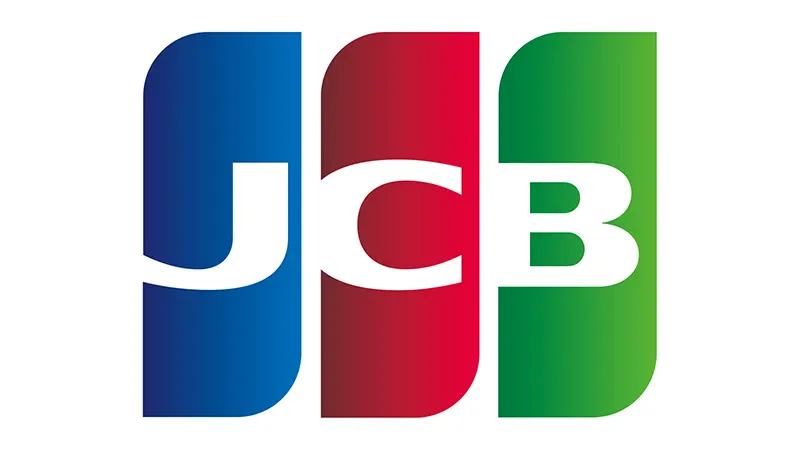

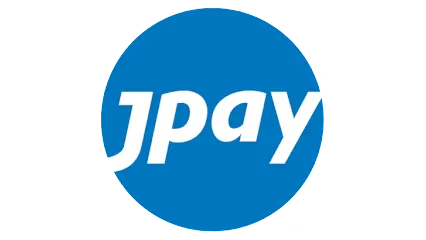
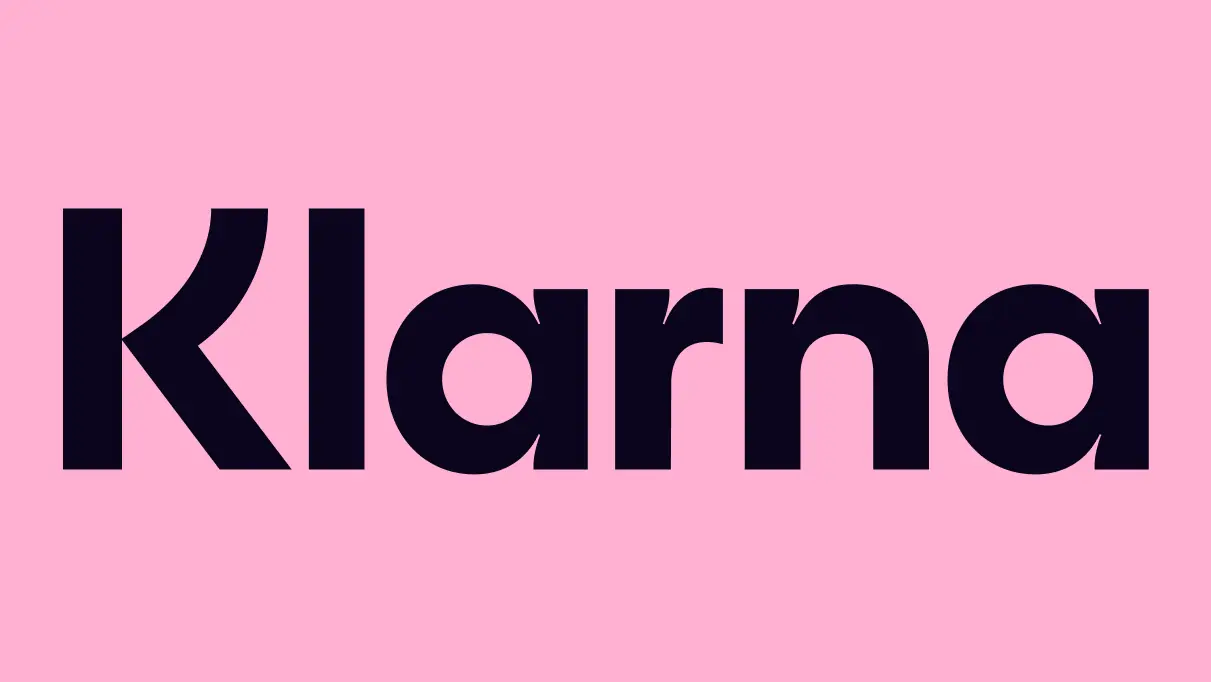






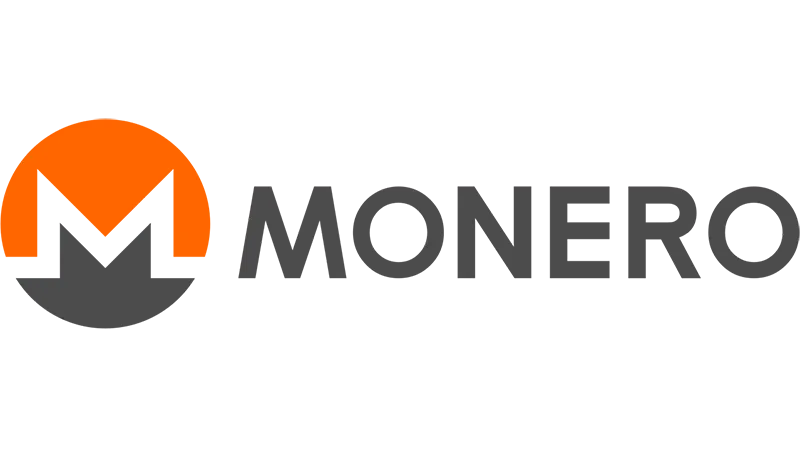




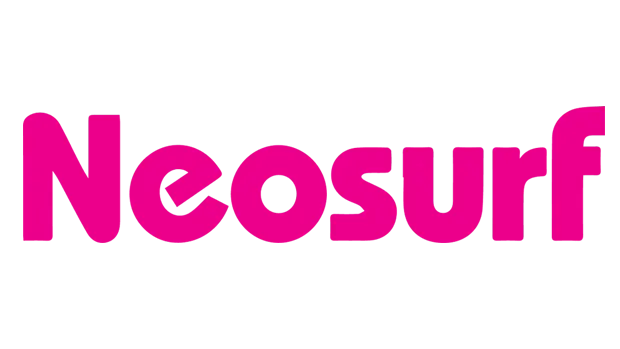
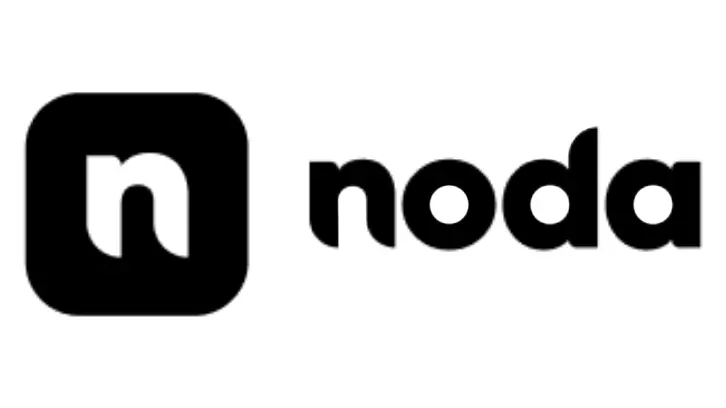

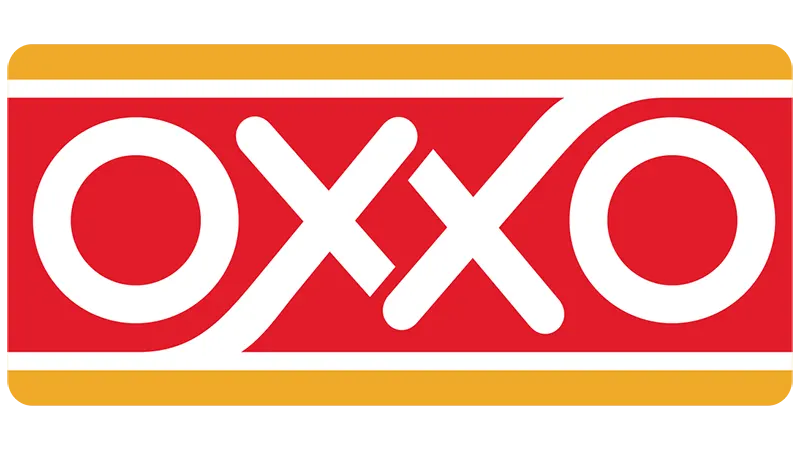
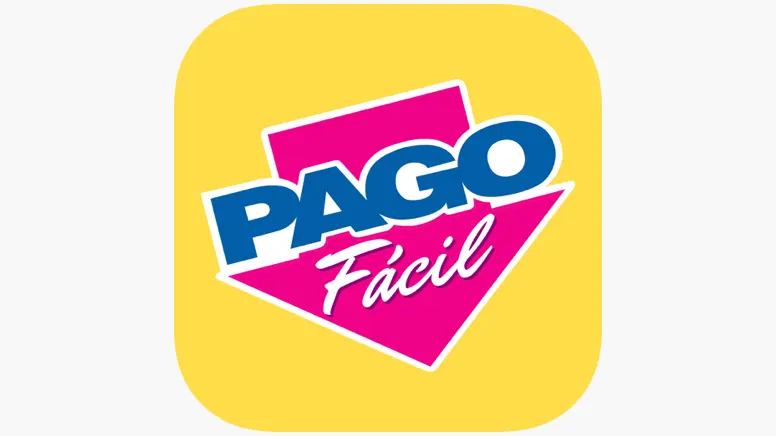

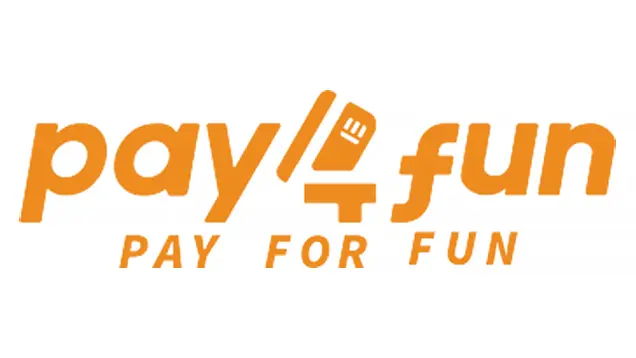
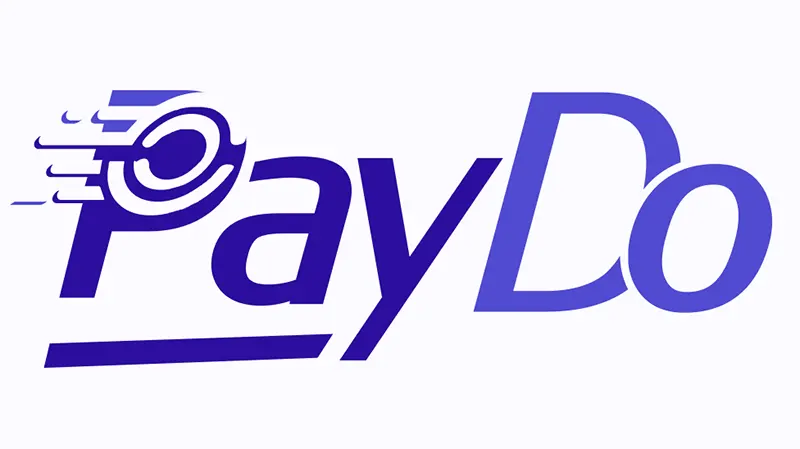

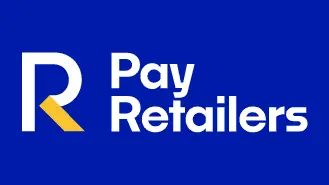


-logo.webp)

